Can Christians Kill? Learning to Live Nonviolently
Note: This was originally published in our bi-weekly e-newsletter, Liminal Spaces. To get future issues delivered to your inbox (and get our ebook for free!), sign up here.
My friend Joel is in Ukraine on assignment as a photo-journalist. His pictures provide a real-time look at the horror of war: families separated at the train station, a bombed-out children’s hospital, old women praying for peace. As his pictures attest, war is hell on earth.
Worse, this conflict is being waged by Christians on Christians. Russia is roughly 82% Christian (mostly Russian Orthodox) while Ukraine is 88% Christian. Christians picking up arms against fellow believers in the name of the nation-state might be the greatest heresy of all. But it’s been happening for centuries, at least here in the West. And why? Because the vast majority of Christians owe their ultimate allegiance to the empires of this world instead of the Kingdom of God, especially here in America. We love war, it is our national past-time. The United States has the largest military on the planet and 70% of our active military are professing Christians. Meaning when we kill our enemies, a Christian probably pulled the trigger. Christ have mercy…
But it’s not always been so.
For the first 400 years of church history, the Christian community universally refused military service. In fact, the church’s theology of nonviolence was so robust that prior to Constantine’s conversion Emperor Diocletian forbade Christians to serve in the Roman Legions. “Refusing to participate in violence was a unanimous position among the Early Church. Christians were to never, under any circumstances, kill another person: not in self-defense; not as capital punishment; not in war—never!” There wasn’t even a word for “pacifism” in the early church, since to call yourself a Christ-follower automatically assumed a life of nonviolence. The Early Church even refused baptism to military members. And where did they pick up what has become a fringe idea for modern believers? From Jesus himself.
In every way, Jesus lived a life of holistic nonviolence. He refused to allow his followers to proclaim him Messiah until he redefined the title in terms of the cross and not a sword. He withdrew from the crowd trying to “take him by force to make him king.” He commanded his disciples to “Love your enemies, and do good to those who persecute you.” At every stage of his public career, he renounced violence as a means to bring about God’s kingdom. He rebuked James and John for wanting to call down thunder and chastised Peter for drawing his sword. “In disarming Peter, Christ disarmed us all,” declared Tertullian.
Even in death, Jesus was nonviolent. “He refused to lift a finger in his own defense, scolds those who do try to defend him with the sword, and rejects calling down ‘legions of angels’ to fight a holy war against his enemies,” writes theologian Richard B. Hays. For Jesus, nonviolence wasn’t after all some modern appendage to the Gospel, it is at the very heart of what it means to be a follower of Christ. Jesus was nonviolent because God is nonviolent.
Most of us will probably never fight in a war, but that doesn’t absolve us from the daily temptation toward aggression. At any time you can ask yourself this series of questions to determine the length to which your life might be causing harm through unintentional violence:
Is my job or how I earn a living causing suffering to the planet or the poor?
Do my eating habits support systems of animal cruelty?
Is there anyone in my life I am attempting to control?
Is my religious tradition leading me to impose my beliefs on others?
In what ways am I hurting myself through negative talk, addictive behaviors, or maladaptive coping mechanisms?
What or who am I afraid of and is my fear driving me to act out defensively or aggressively?
Who is my enemy and how am I treating them?
Am I in a position of power either at home, work, or church and how am I using that power?
In what ways do I benefit from my nation’s military and war making institutions?
The foundation to any form of authentic faith in the historical Jesus is to do no harm to ourselves, to others, and the world. Becoming aware of all the ways we cause suffering is the first step toward ridding the world of at least our small part in the seemingly endless cycle of violence.
To begin living nonviolently, pause each day to recognize your underlying fears, destructive behaviors, habitual actions, and aggressive thoughts. Slow down, be kind to yourself, cultivate nonaggression and you just might witness your peace passing out from you and into a hurting world.
To cultivate a heart of peace, begin the next few days with this prayer from St. Francis.
Lord, make me an instrument of your peace:
where there is hatred, let me sow love;
where there is injury, pardon;
where there is doubt, faith;
where there is despair, hope;
where there is darkness, light;
where there is sadness, joy.
Gary Alan
The Sophia Society

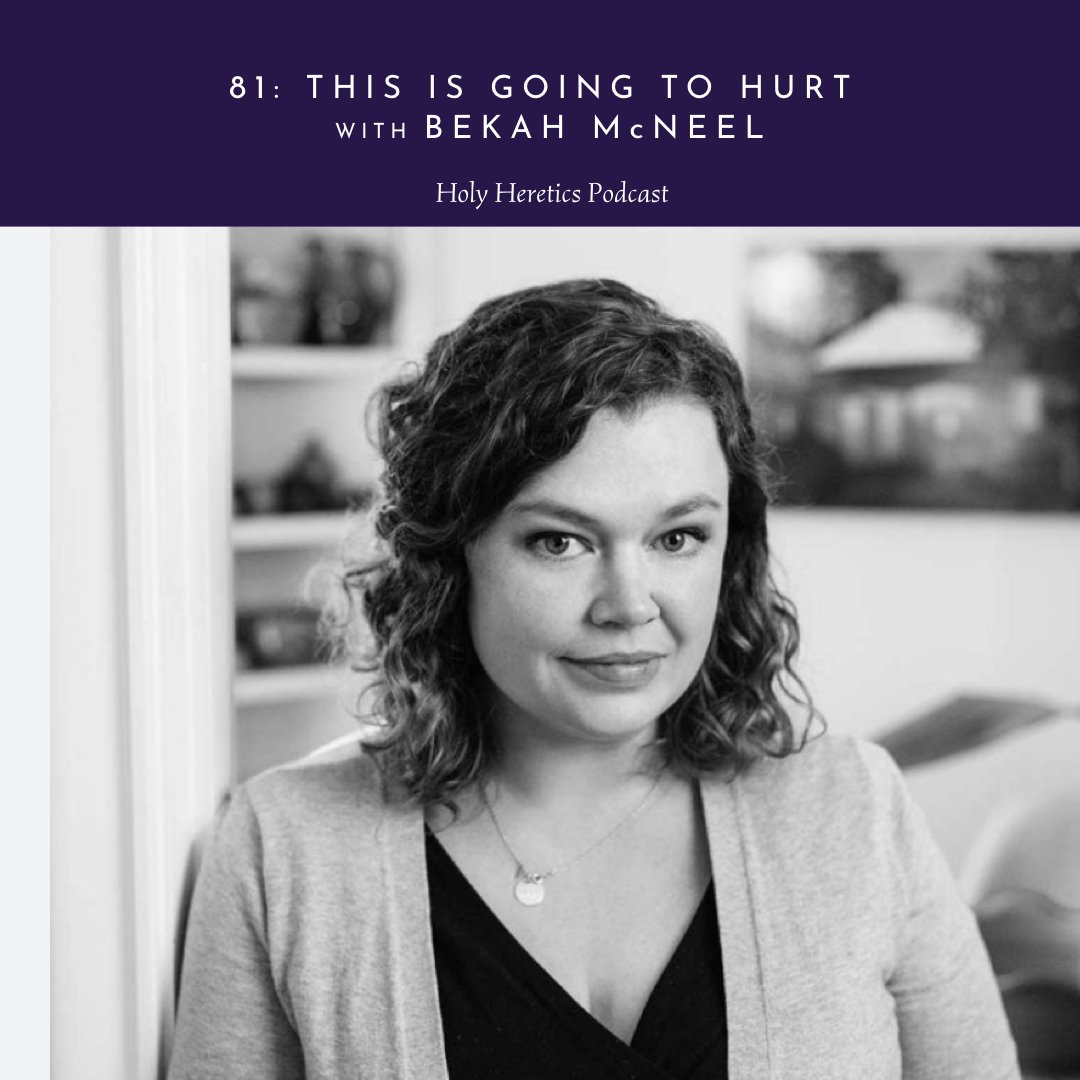
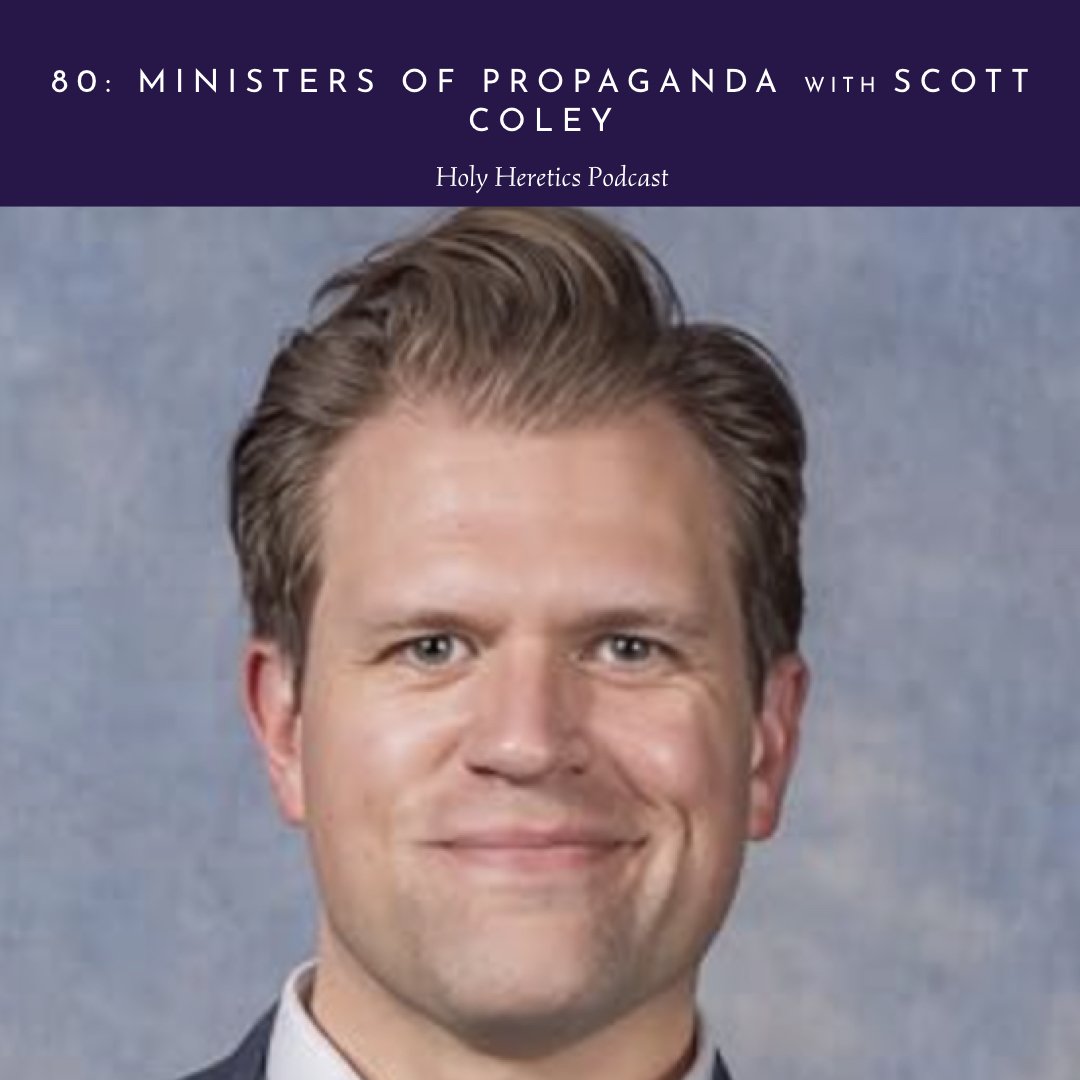
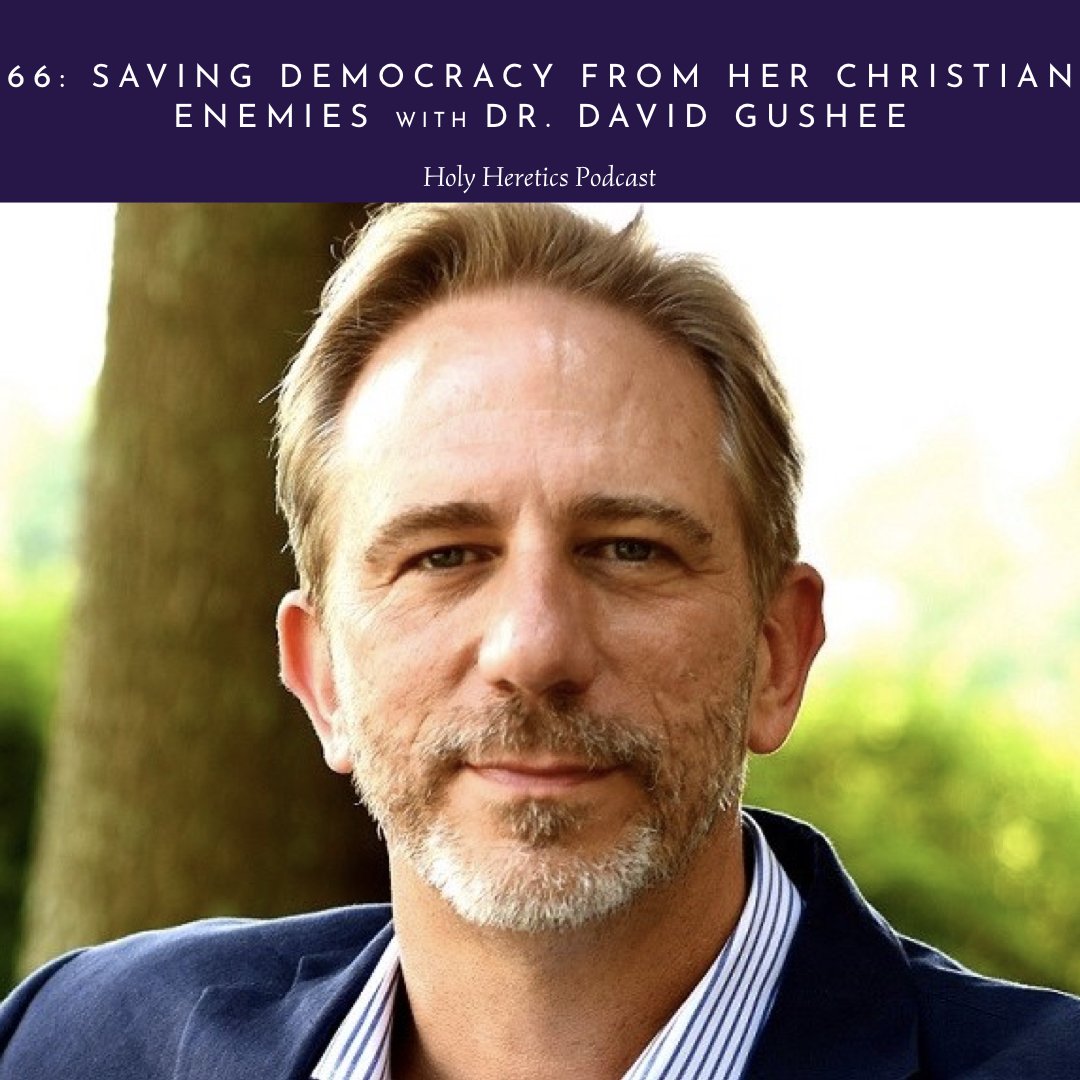
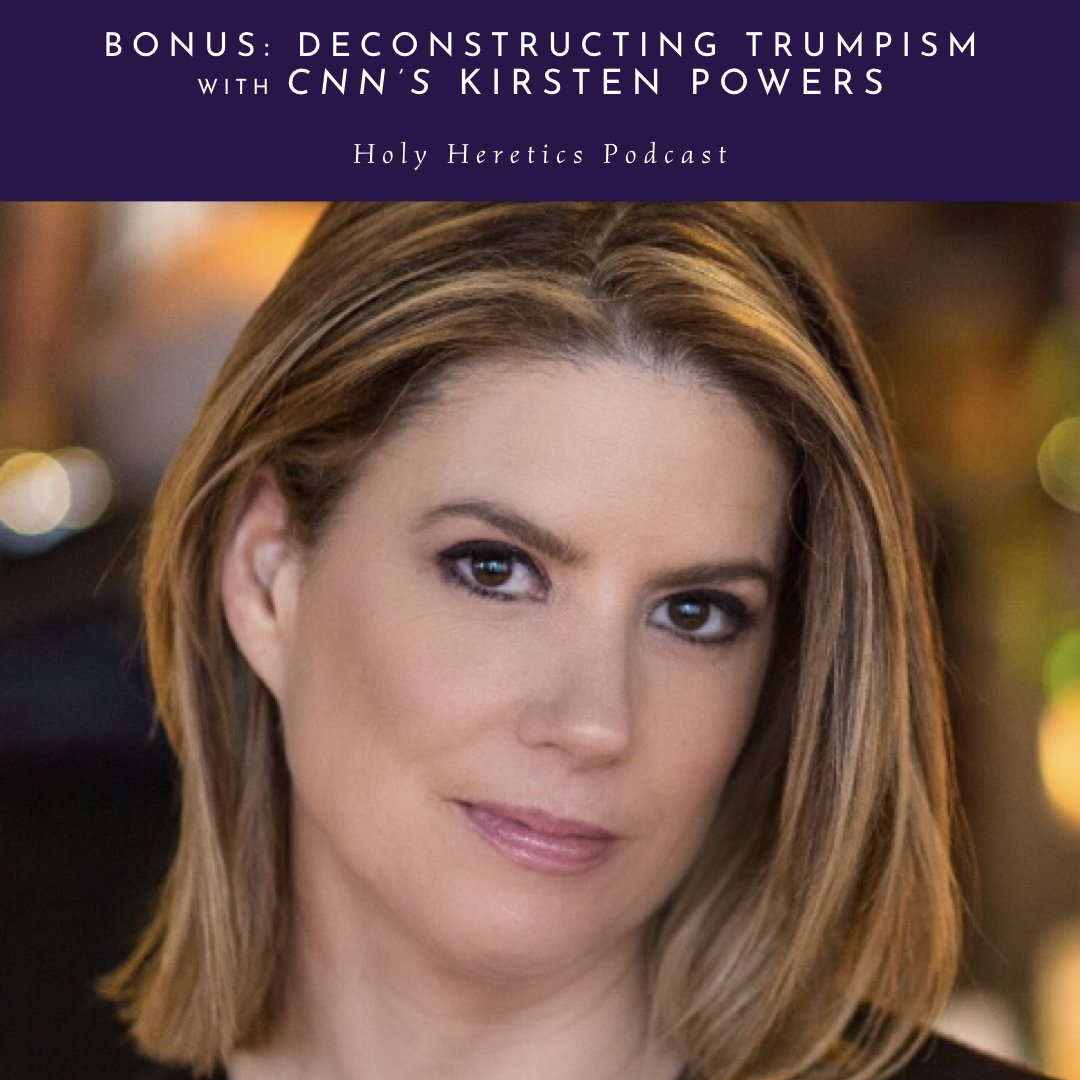
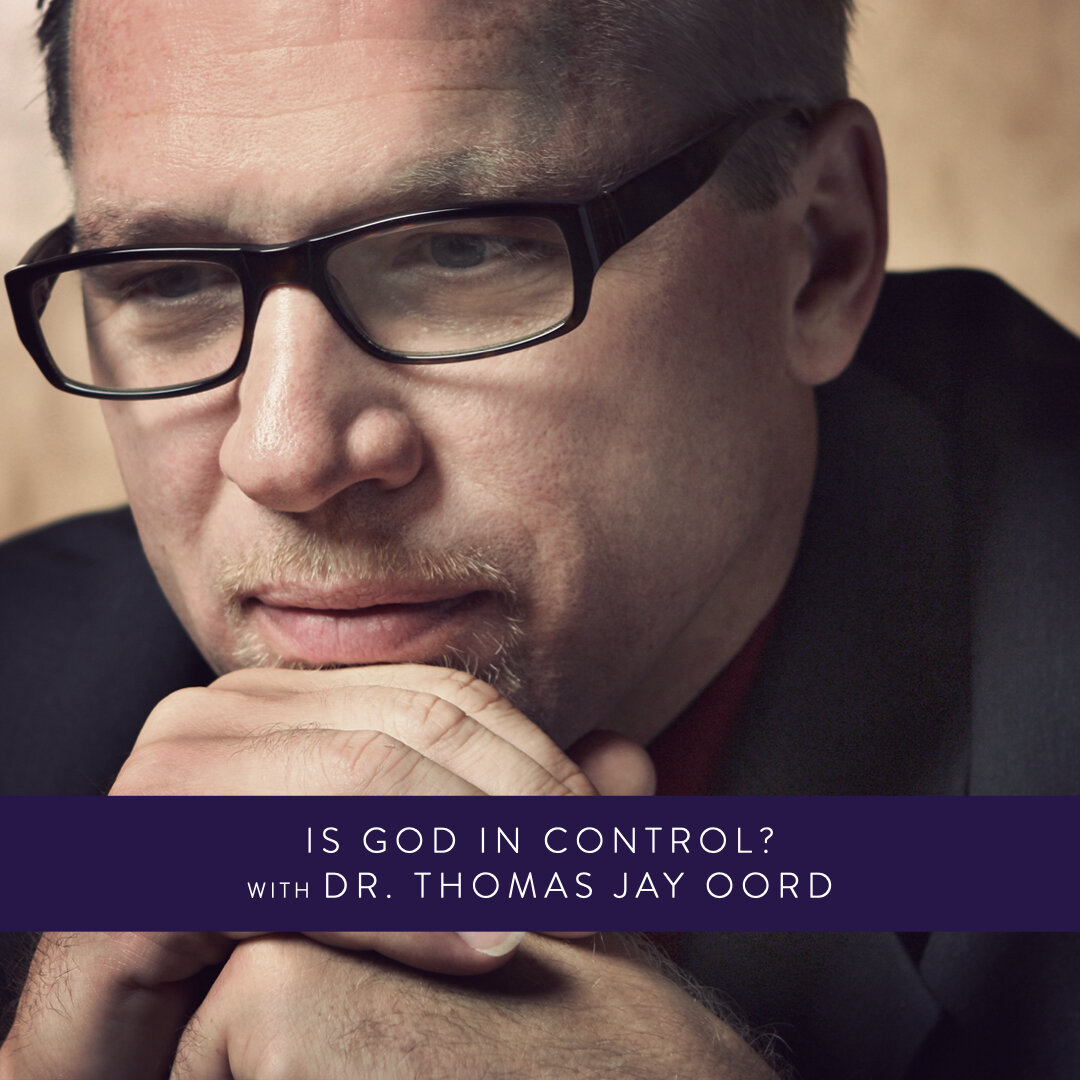
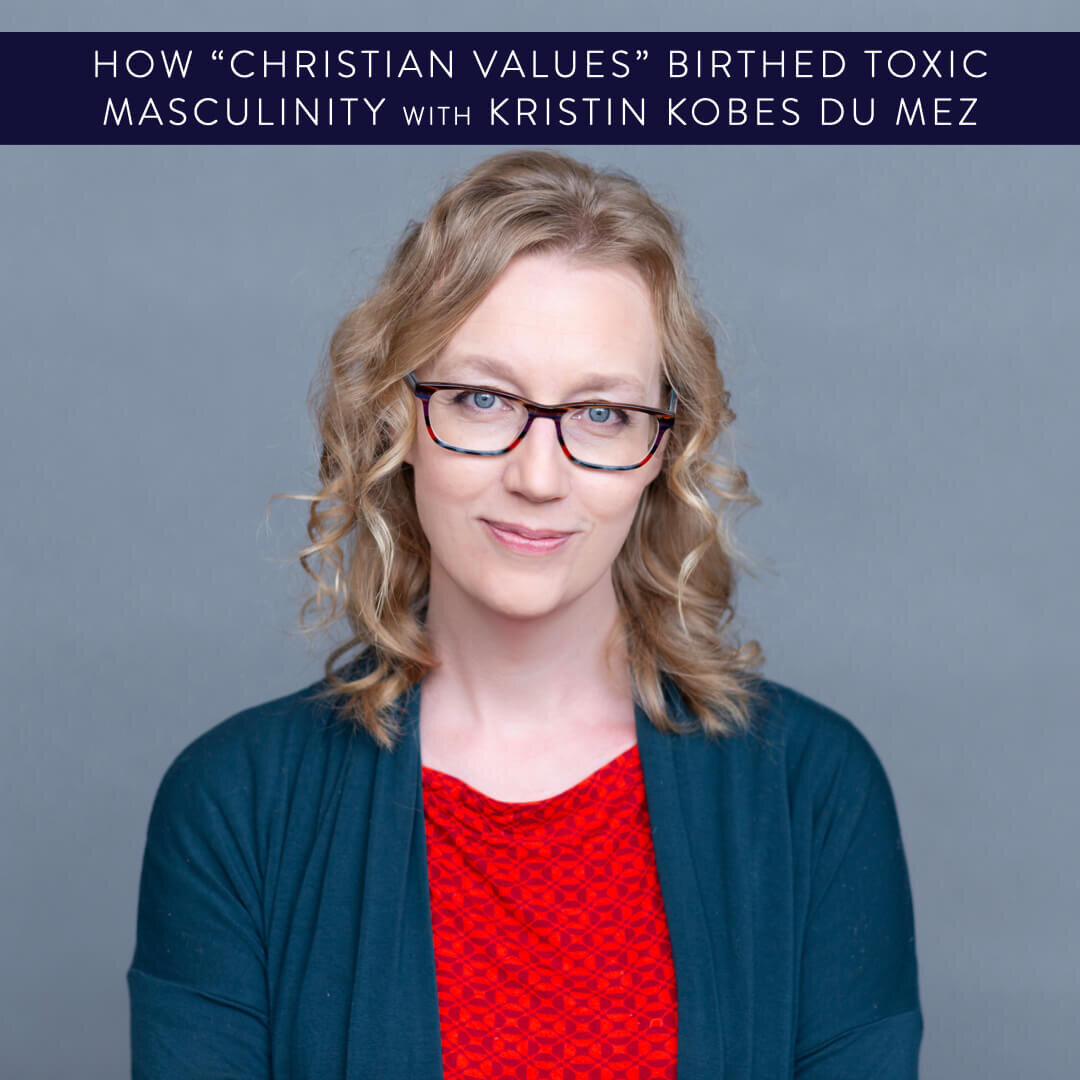
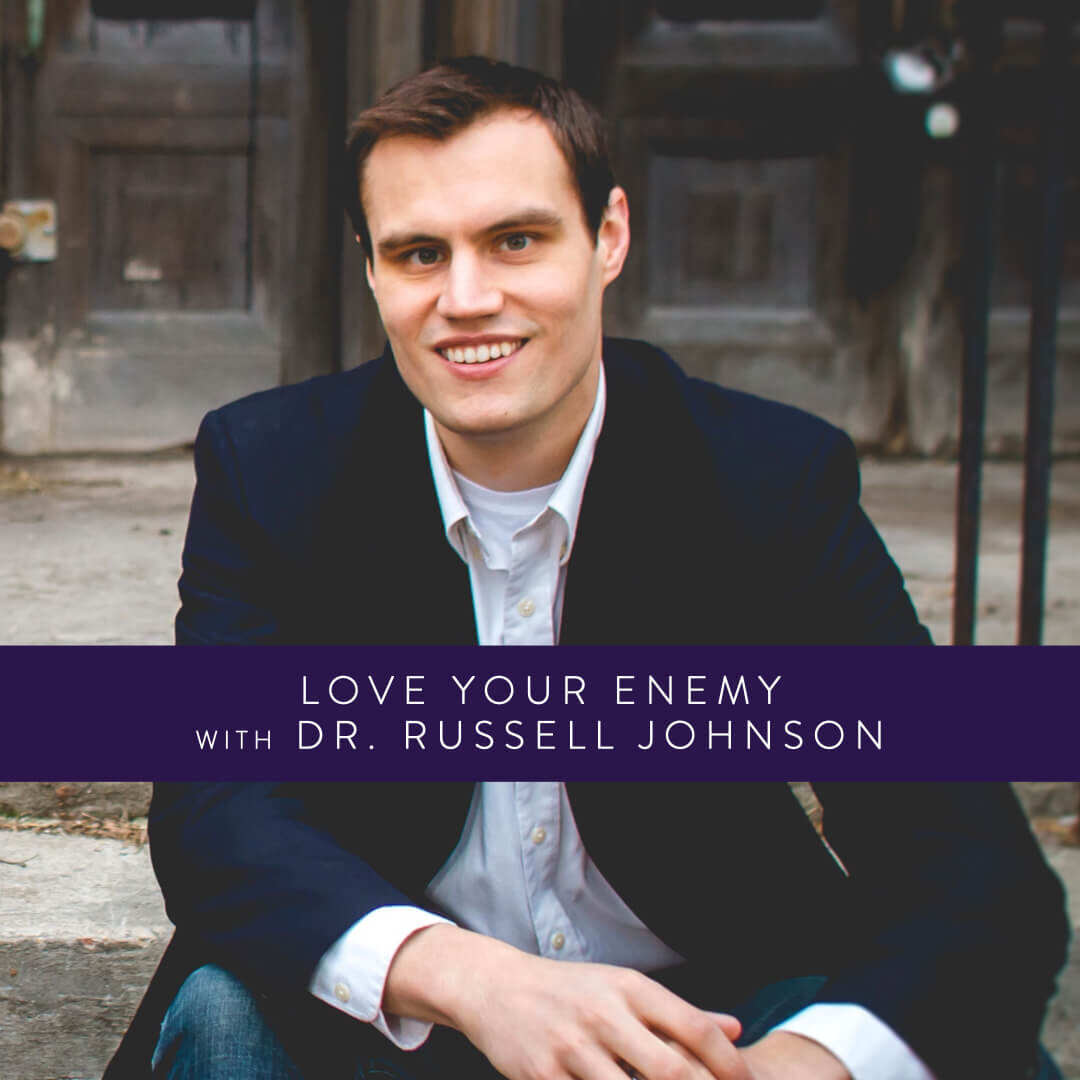
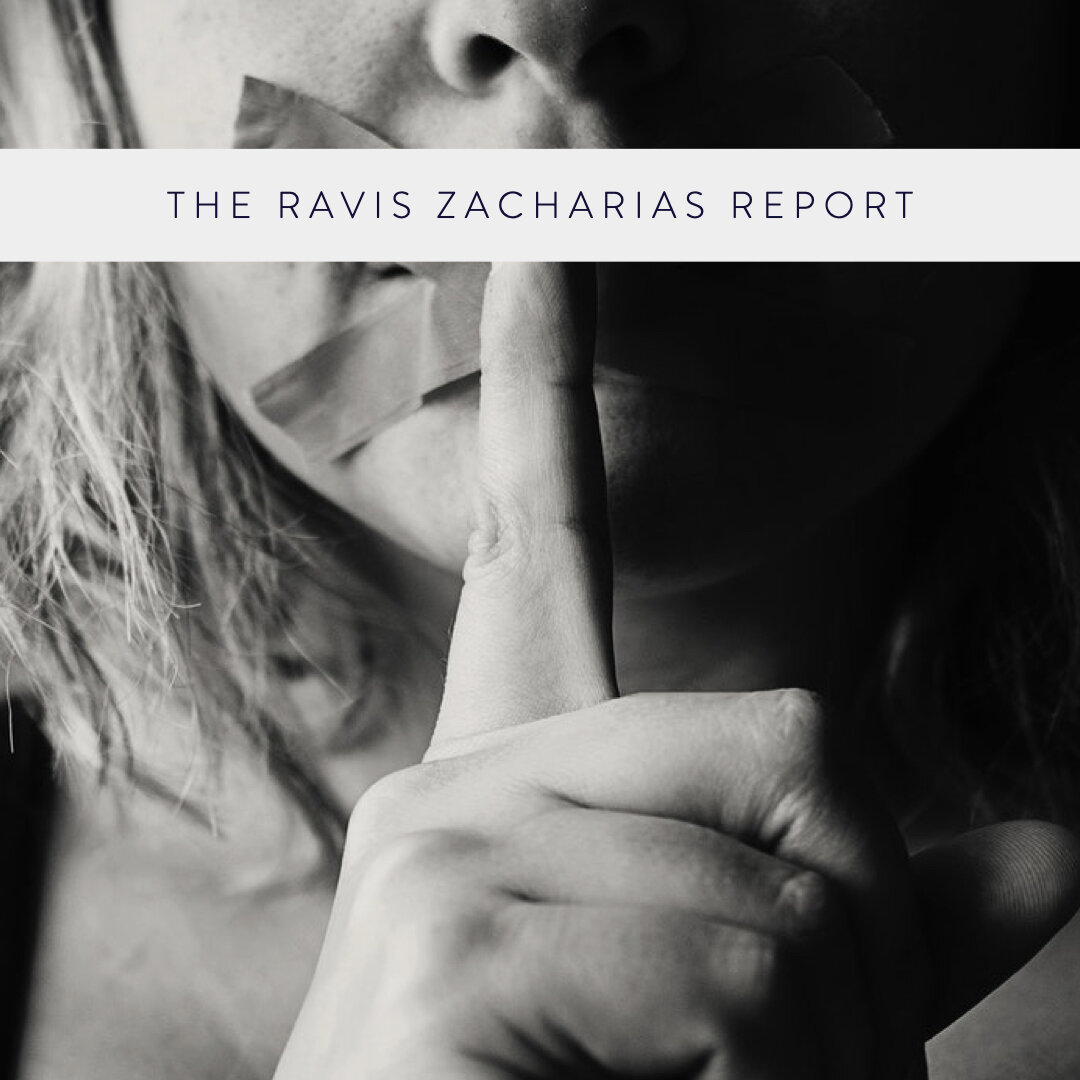
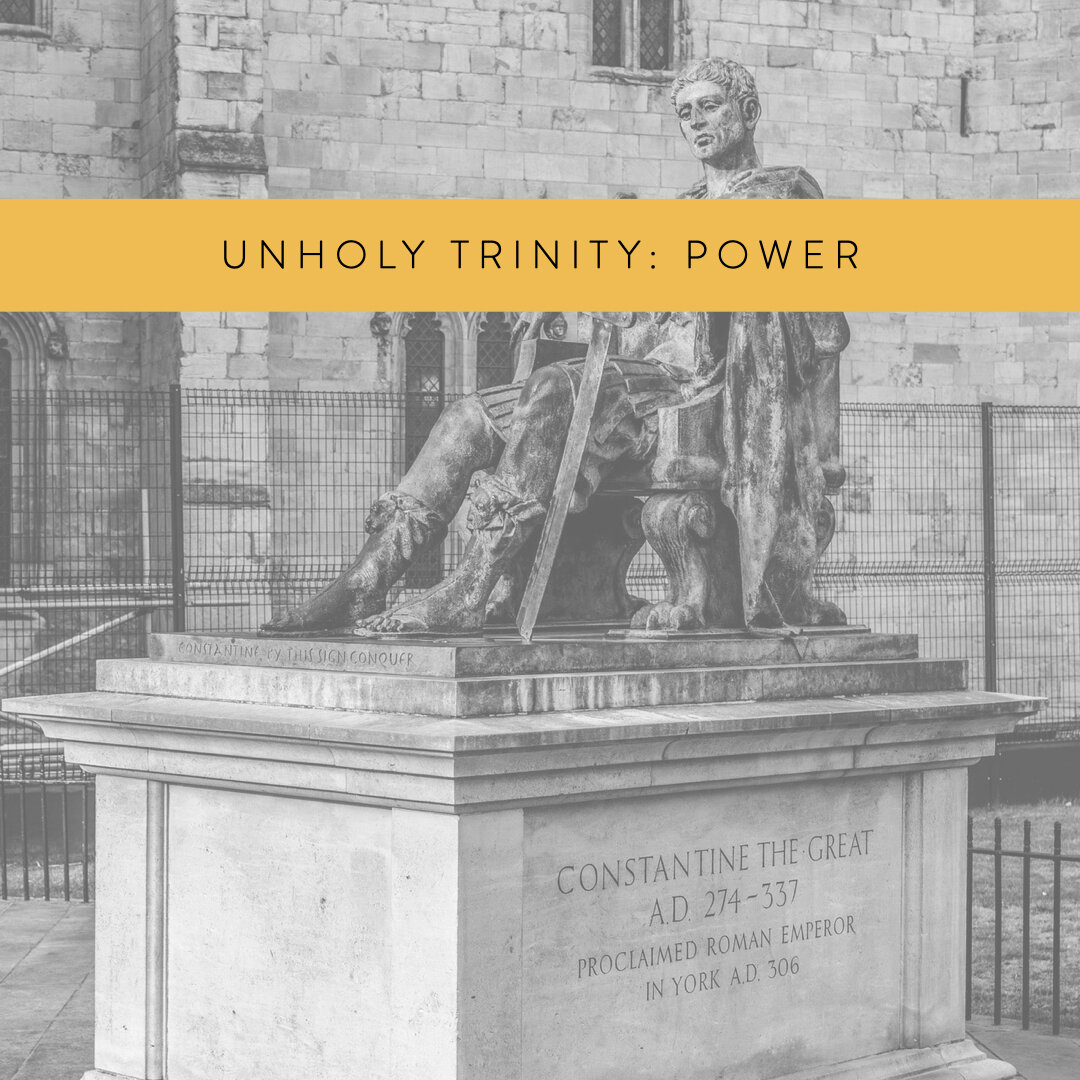
MAGA Christians are cruel because the MAGA cult is cruel; and MAGA Christians are cruel because cruel people tend to become MAGA members.